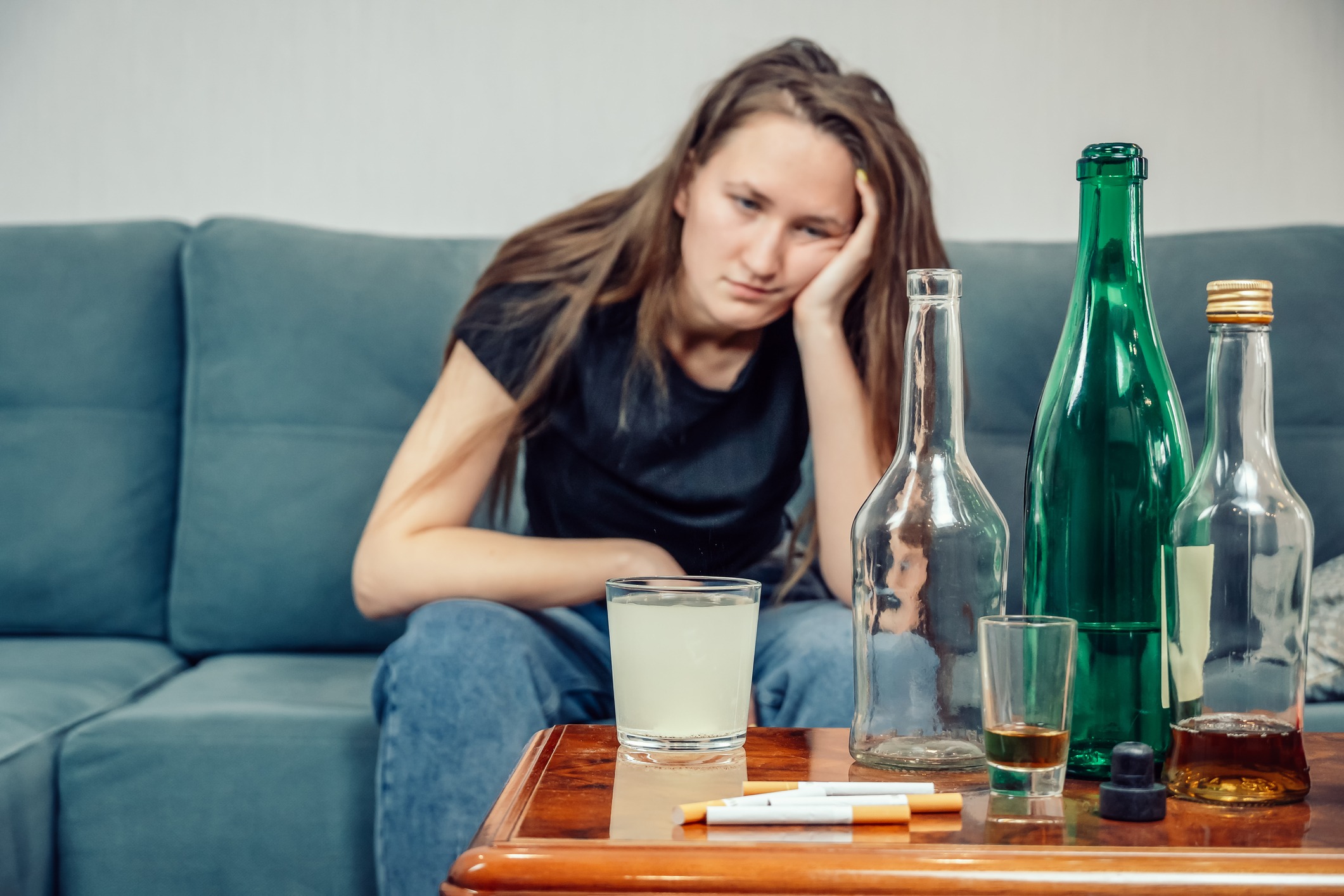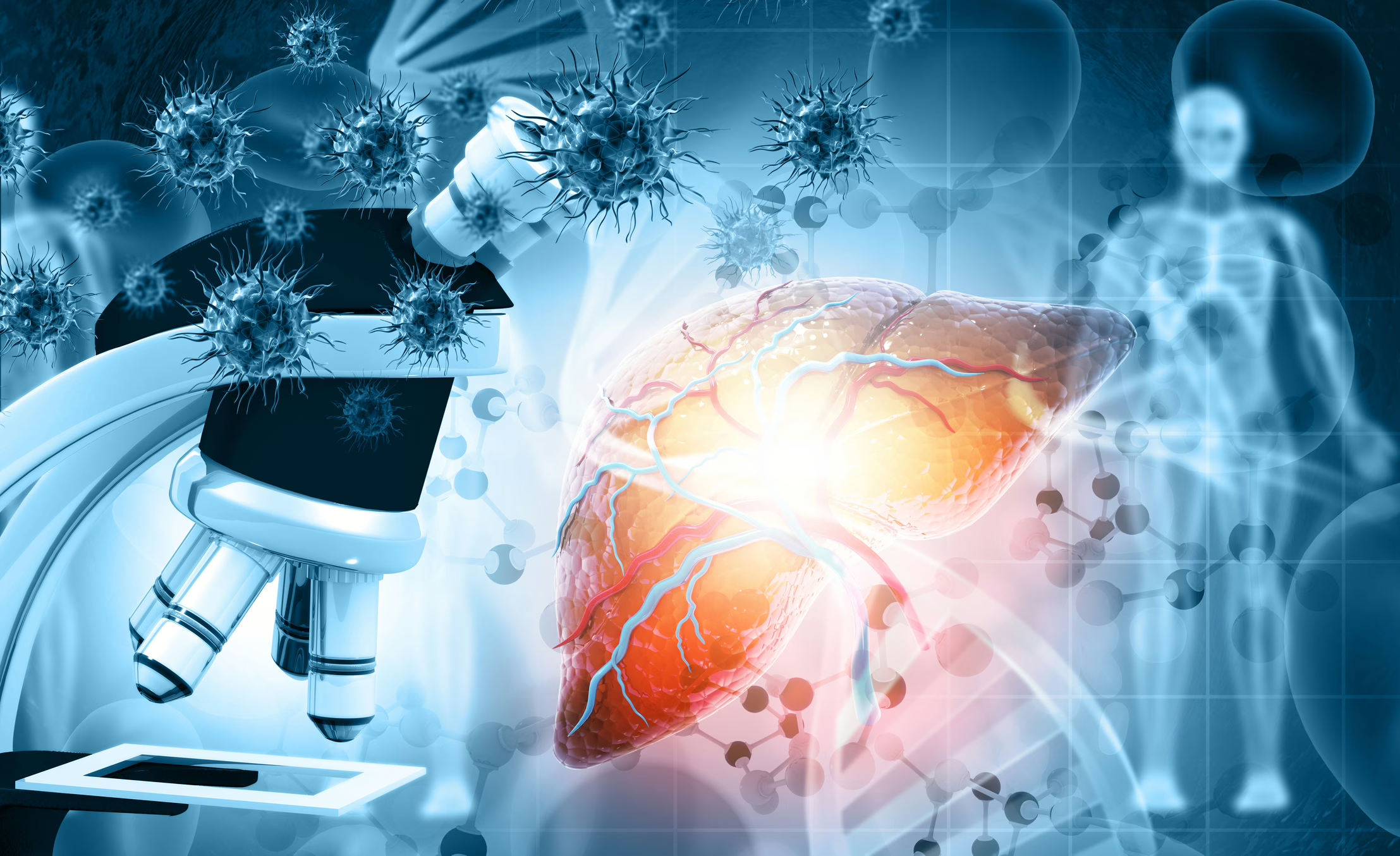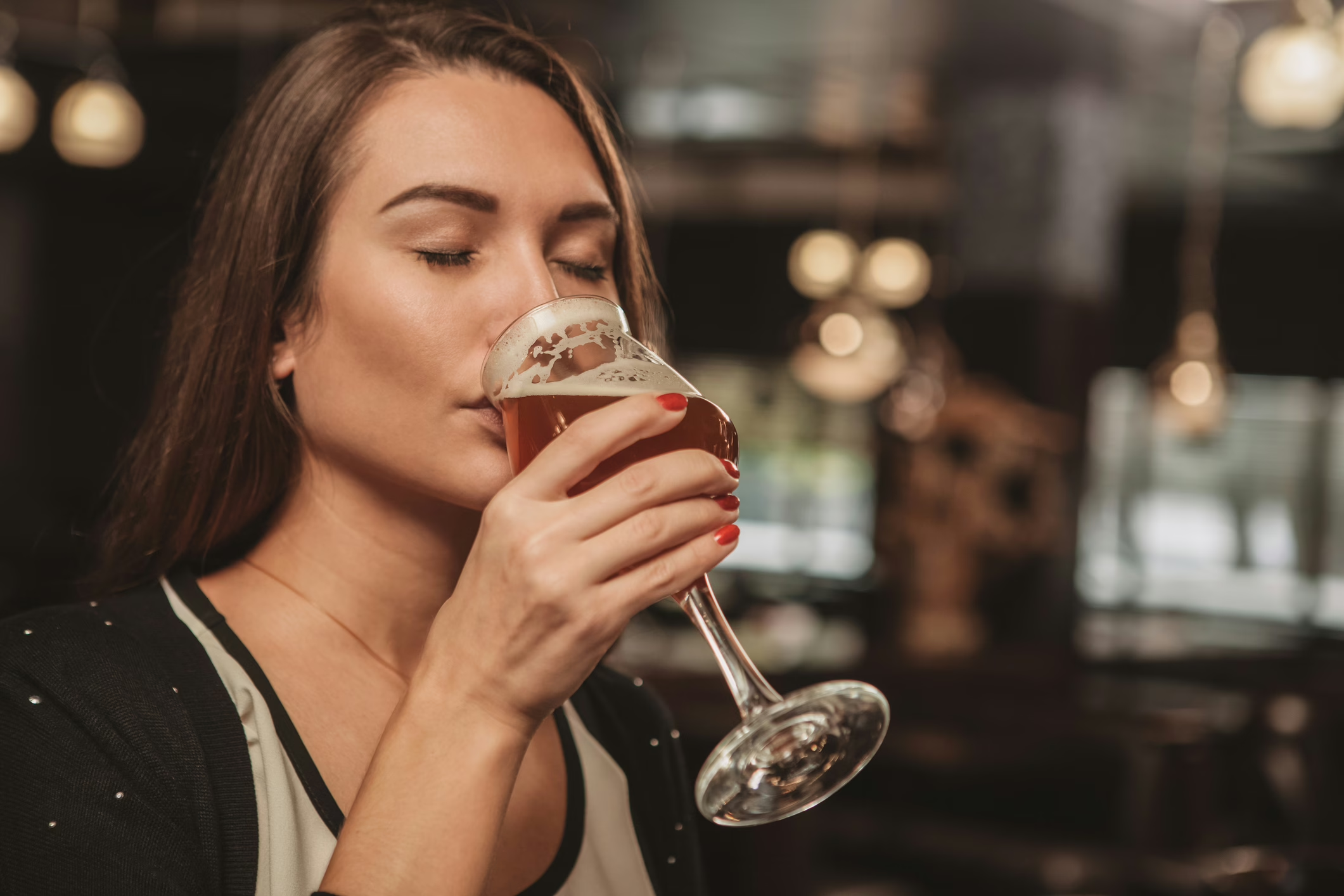Binge drinking is a major concern in the United States affecting individuals and communities alike. It involves consuming a large amount of alcohol in a short timeframe, leading to a blood alcohol concentration (BAC) of 0.08% or higher. Generally for adults, that translates into consuming five or more drinks (male), or four or more drinks (female), in about two hours. For young people, depending on their age and size, the numbers are lower.

Binge drinking is often linked to social situations and peer influence, making it especially common among young adults. Recognizing what binge drinking is and understanding its effects are crucial steps in promoting a healthy relationship with alcohol.
In many cases, binge drinking occurs during social gatherings where there’s an emphasis on heavy drinking. Peer pressure can play a significant role, encouraging individuals to consume more alcohol than they might otherwise. Doing shots is a great example of this. Stress and the desire to escape from problems or enhance social experiences can also be triggers for this behavior.
Educational initiatives and open conversations about the potential risks and consequences of binge drinking can foster a more informed and conscious approach to alcohol consumption.
Recognizing the signs and patterns of binge drinking is the first step toward prevention. Binge drinking includes consuming large quantities of alcohol rapidly, drinking with the intent to get drunk, or losing control over how much one is drinking. These signs are often accompanied by physical symptoms like slurred speech, watery eyes and impaired coordination.
It’s important to note that patterns of binge drinking can vary, but they often have common triggers. Social gatherings, stress, and peer pressure are significant factors that can lead to binge drinking. While the binge drinking among young people has been declining, the rates remain concerning.
Binge drinking poses serious health risks that can have both immediate and long-term consequences. In the short term, binge drinking increases the risk of injuries from accidents such as falls, burns, drownings, and car crashes.
These incidents can have potentially deadly outcomes.
Over time, repeated binge drinking can lead to severe health problems, including liver disease, heart issues, and increased risk of certain cancers, such as head and neck, esophageal, liver, breast, and colorectal cancers.

These chronic conditions underscore the gravity of habitual binge drinking. Mental health can also suffer, as binge drinking is linked to mood disorders, anxiety, and depression, affecting both personal well-being and social relationships.
Furthermore, frequent binge drinking also weakens the immune system, making the body more susceptible to infections. It can also cause problems with memory and learning, making it difficult to perform well academically or professionally. Sleep disturbances are another common issue, as heavy drinking can disrupt the sleep cycle, leading to fatigue and decreased cognitive function during the day.
Another significant impact is the potential for developing alcohol dependence. While not everyone who binge drinks will become dependent on alcohol, the risk is higher for those who frequently engage in this behavior. This dependence can create a cycle that is challenging to break, often requiring professional intervention and long-term support.
Binge drinking doesn’t just impact personal health; it also carries significant legal and social consequences. From a legal standpoint, engaging in binge drinking can lead to serious charges such as DWI/DUI, which may result in hefty fines, loss of driving privileges, or even imprisonment, especially if it causes accidents or injuries. For underage drinkers, the repercussions can extend to legal penalties that affect both the minors and adults who provide them with alcohol.
Socially, binge drinking can create rifts in personal relationships. It often results in behavior that one might later regret, such as aggressive actions, poor decision-making, or embarrassing incidents. These behaviors can tarnish one’s reputation and strain relationships with family, friends, and colleagues. The social stigma associated with such actions can lead to isolation and emotional distress, compounding the issue.
Moreover, academic and job performance can suffer significantly. Heavy drinking can lead to absenteeism, decreased productivity, and poor performance, jeopardizing one’s educational or career aspirations. It can also disrupt social networks, making it difficult to maintain meaningful connections and support systems.
Binge drinking can also lead to a cycle of risky behavior. The immediate effects might seem temporary, but the long-term social implications can be lasting, affecting how individuals are perceived and how they interact with their communities. In many cases, the legal and social costs of binge drinking are far-reaching, impacting various aspects of life and creating barriers to achieving your personal and professional goals.
Preventing or avoiding binge drinking starts with mindful practices and practical strategies. Setting personal limits on alcohol intake and pacing yourself by alternating between alcoholic and non-alcoholic beverages can help. It’s also beneficial to eat before and while drinking, as food slows alcohol absorption, reducing its immediate effects.
Choosing social settings where alcohol is not the main focus can make a significant difference. Participating in activities that don’t center around drinking, such as sports or hobbies, provides alternative ways to enjoy social interactions without excessive alcohol.
It’s crucial to cultivate a supportive network. Surround yourself with friends and family who respect your choices and understand the importance of responsible drinking. If you find yourself in a situation where peer pressure is strong, having a trusted friend to lean on can help you maintain your resolve.
For those who find it challenging to control their drinking, seeking professional support is a constructive step. Therapists, counselors, or support groups can offer personalized strategies and encouragement, making it easier to navigate social scenarios without overindulging.
Another effective technique is staying informed. Understanding how alcohol affects your body and the potential consequences of binge drinking can reinforce your commitment to healthier habits. Educational resources, online tools, and community programs can provide valuable information and support.
Finally, practicing self-care and stress management can reduce the urge to drink alcohol excessively. Engaging in regular physical activity, getting enough sleep, and finding healthy ways to cope with stress can all contribute to a more balanced lifestyle, making it easier to quit drinking or to enjoy alcohol in moderation.











